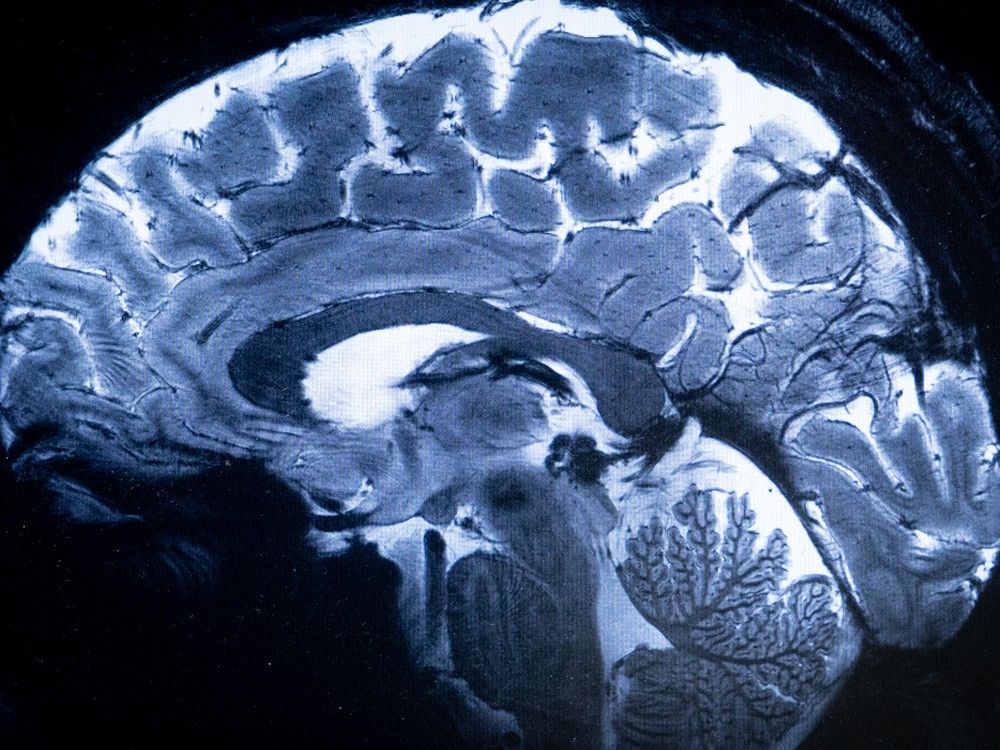Well this is touchy for sure.
What about protecting children with nicotine?
I certainly don’t want to encourage my 11 year old to smoke, but she out of everyone at home is the most sensitive and weak in immune response, I have considered putting a patch on her for may be just an hour a day. Is that crazy?
I dunno, I'd hesitate to give a child nicotine without doing more research - which would be hard to find, as I'm guessing there isn't much objective data on child smoking or child use of nicotine.
As far as I know, nicotine is addictive, and giving it to a kid or a baby may mess with their psychological and neurological development. I think one could protect them in other ways, such as good nutrition, passing along knowledge, supplements, exercise, etc. Then let them choose nicotine if they want later in life. Or give them a pack of nice smokes for their 13th birthday or something.
For what it's worth, I've perused some of my notes from Dr. Klinghardt's video lectures and found something on the therapeutic application of nicotine patches for long covid patients, and also for children with ADHD or hyperactivity in autism.
He first explains that nicotine has systemic anti-inflammatory effects on the body and has a direct blocking effect on the Covid-19 virus, i.e. nicotine blocks its entry and proliferation and that using nicotine patches activates the anti-inflammatory system in the body (and mentions acetylcholine, receptors, certain pathways etc.)
He goes on to explain that if a person has been in a sympathetic overdrive for a long time then they react very sensitively to nicotine patches. With those patients, he starts with 3,5mg per day on a hairless patch of skin, mainly on the back.
If the patient has no side effects, he raises the dose to 7mg for about 1-2 weeks. At this point many of his patients are already feeling really well on many levels: their brain starts working again, their sleep is normalizing, emotions are normalizing, erectile dysfunctions and lack of libido vanish. So when a plateau is reached on 7mg, he increases the dose to 14mg.
This step-by-step process is important, as increasing the dose too quickly has patients experience emetic effects and all the typical symptoms of overstimulation of the vagus. Thus, increasing slowly is the way to go and he encourages therapists to include nicotine in their treatment.
He also mentions two studies that show that nicotine patches are also safe for chronic heart diseases; nicotine showed no negative effects in blood pressure, pulse, heart rate.
He mentions his past treatment with nicotine patches in colitis ulcerosa (6-7mg per day for a couple of weeks) and found that colitis can be brought to a standstill very effectively.
Another well responding illness to nicotine patches is pulmonary sarcoidosis. He explains how nowadays it is known that pulmonary sarcoidosis is caused by borrelia in the lymph nodes within the lungs and in his experience, treatment with nicotine has always been useful here.
Now on to ADHD and hyperactivity in autistic children. He's been using nicotine patches as an integral part of treatment since 2008 in his practice. With children with ADHD and hyperactivity in autism, he starts with 7mg. It's important, he notes, to put the patch on the back between the shoulder blades, as the patches tend to itch and burn a little at the beginning. He speaks of a "dramatic" effect after only a couple of days: kids previously out of control become "sane" again.
As to nicotine's addictive potential he comments that he's been searching for studies, but found that nobody seems to know about that. In his own practice, he and his team found that none of the patients treated with nicotine patches developed any addiction to nicotine.
So, for what it's worth.


